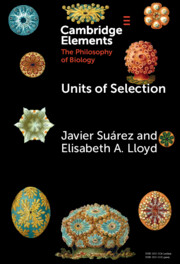1 results

Units of Selection
-
- Published online:
- 30 August 2023
- Print publication:
- 21 September 2023
-
- Element
- Export citation

